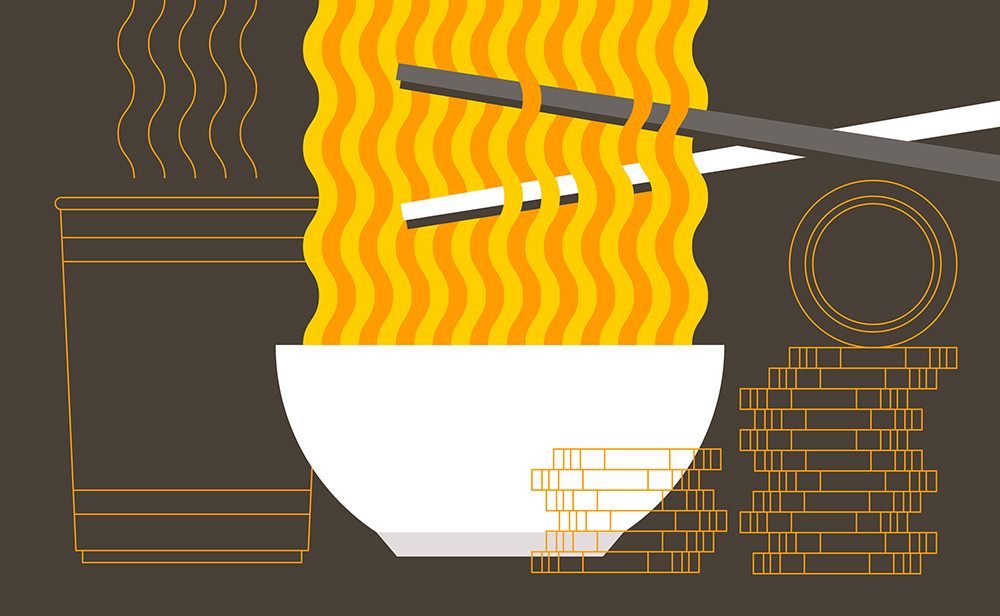UWSA hopes that board won’t raise tuition
Campus poverty survey could reveal real costs of university
The University of Winnipeg Students’ Association (UWSA) hopes to learn specifically which financial struggles students are experiencing from the Campus Poverty Report survey that closed on Oct. 11. The survey was sent directly to all undergraduate and graduate students at the University of Winnipeg through their student email on Sept. 27.
“We’ll be able to improve our services and report on the real cost of attending university to the government and our Board of Regents,” UWSA President Laura Garinger says. “Reporting to the Board of Regents will be crucial to show tuition is already too high and social programming needs to be protected.”
A total of 1,355 students responded to the survey, which is about 13 per cent of the student body, according to the UWSA.
The link to the survey was emailed out on Sept. 25, but the link was initially broken, and the survey wasn’t active until Sept. 27. There was also a glitch that prevented respondents from seeing one question regarding transportation for the duration of the survey.
Katherine Nemeth, a fourth-year economics undergrad, says she would have taken the survey had she seen it earlier. She currently lives outside the city, travels for school each week and pays for university on her own.
Nemeth says that paying for school can be stressful.
“You have the added costs of food around campus, which is kind of expensive, and textbooks that are expensive, and all the student groups have events that you’re expected to go to if you’re part of the group,” she explains.
Luis Layawe also says the cost of textbooks can be stressful.
“I pay with a student loan,” the first-year political science undergrad says, “which is loaning, so I’m kind of worried.”
Layawe recently signed a petition against the potential tuition increases.
Garinger says the provincial government is allowing universities to raise tuition up to five per cent, which is different than directly raising the tuition.
“When it comes down to it, it’s about making sure the Board of Regents don’t feel like they should raise tuition,” Garinger says. “People have the right to education and access to it.”
Former University of Manitoba student Evan McIntosh is seven credits away from graduating with an undergrad in political science. He was forced to drop out due to his financial situation in fall 2015.
“My company told me I’d have a permanent position in the fall. So I figured that’d be good, and I got a student loan,” McIntosh says. “But as the term went on I didn’t get a job, and I was living off a student loan, and by the end of November, I was down to $200.”
He hopes to finish his degree once he’s saved up enough to afford it.
“It was so embarrassing to drop out and tell everyone. I’m still recovering from that,” he says.
The UWSA already seeks to help students by providing support services like the food bank, the student support program and on-campus childcare.
Published in Volume 72, Number 7 of The Uniter (October 26, 2017)







